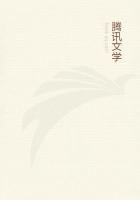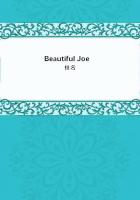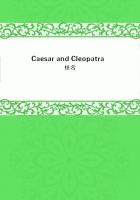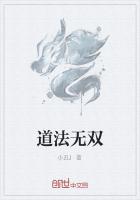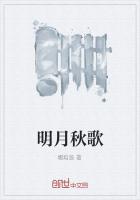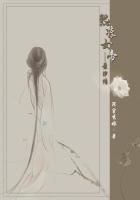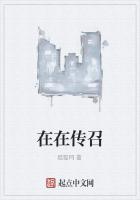It will probably be conceded that it is desirable people should exercise their understandings, and that an intelligent following of custom, or even occasionally an intelligent deviation from custom, is better than a blind and simply mechanical adhesion to it. To a certain extent it is admitted that our understanding should be our own: but there is not the same willingness to admit that our desires and impulses should be our own likewise; or that to possess impulses of our own, and of any strength, is anything but a peril and a snare. Yet desires and impulses are as much a part of a perfect human being as beliefs and restraints: and strong impulses are only perilous when not properly balanced; when one set of aims and inclinations is developed into strength, while others, which ought to co-exist with them, remain weak and inactive. It is not because men's desires are strong that they act ill; it is because their consciences are weak. There is no natural connection between strong impulses and a weak conscience. The natural connection is the other way. To say that one person's desires and feelings are stronger and more various than those of another, is merely to say that he has more of the raw material of human nature, and is therefore capable, perhaps of more evil, but certainly of more good. Strong impulses are but another name for energy. Energy may be turned to bad uses; but more good may always be made of an energetic nature, than of an indolent and impassive one. Those who have most natural feeling are always those whose cultivated feelings may be made the strongest.
The same strong susceptibilities which make the personal impulses vivid and powerful, are also the source from whence are generated the most passionate love of virtue, and the sternest self-control.
It is through the cultivation of these that society both does its duty and protects its interests: not by rejecting the stuff of which heroes are made, because it knows not how to make them. A person whose desires and impulses are his own- are the expression of his own nature, as it has been developed and modified by his own culture- is said to have a character. One whose desires and impulses are not his own, has no character, no more than a steam-engine has a character.
If, in addition to being his own, his impulses are strong, and are under the government of a strong will, he has an energetic character.
Whoever thinks that individuality of desires and impulses should not be encouraged to unfold itself, must maintain that society has no need of strong natures-is not the better for containing many persons who have much character-and that a high general average of energy is not desirable.
In some early states of society, these forces might be, and were, too much ahead of the power which society then possessed of disciplining and controlling them. There has been a time when the element of spontaneity and individuality was in excess, and the social principle had a hard struggle with it. The difficulty then was to induce men of strong bodies or minds to pay obedience to any rules which required them to control their impulses. To overcome this difficulty, law and discipline, like the Popes struggling against the Emperors, asserted a power over the whole man, claiming to control all his life in order to control his character-which society had not found any other sufficient means of binding. But society has now fairly got the better of individuality; and the danger which threatens human nature is not the excess, but the deficiency, of personal impulses and preferences. Things are vastly changed since the passions of those who were strong by station or by personal endowment were in a state of habitual rebellion against laws and ordinances, and required to be rigorously chained up to enable the persons within their reach to enjoy any particle of security. In our times, from the highest class of society down to the lowest, every one lives as under the eye of a hostile and dreaded censorship. Not only in what concerns others, but in what concerns only themselves, the individual or the family do not ask themselves- what do I prefer? or, what would suit my character and disposition? or, what would allow the best and highest in me to have fair play, and enable it to grow and thrive? They ask themselves, what is suitable to my position? what is usually done by persons of my station and pecuniary circumstances? or (worse still) what is usually done by persons of a station and circumstances superior to mine? I do not mean that they choose what is customary in preference to what suits their own inclination. It does not occur to them to have any inclination, except for what is customary. Thus the mind itself is bowed to the yoke: even in what people do for pleasure, conformity is the first thing thought of; they like in crowds; they exercise choice only among things commonly done: peculiarity of taste, eccentricity of conduct, are shunned equally with crimes: until by dint of not following their own nature they have no nature to follow: their human capacities are withered and starved: they become incapable of any strong wishes or native pleasures, and are generally without either opinions or feelings of home growth, or properly their own. Now is this, or is it not, the desirable condition of human nature?

